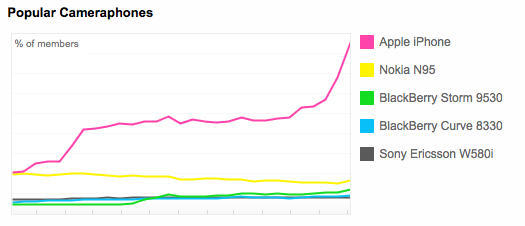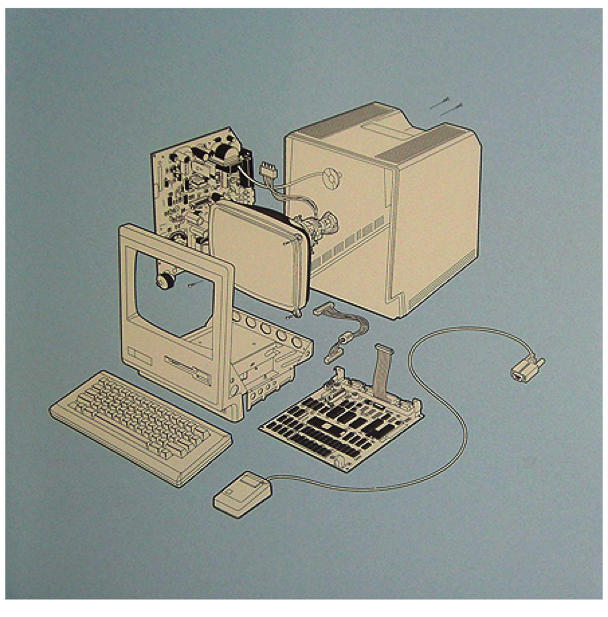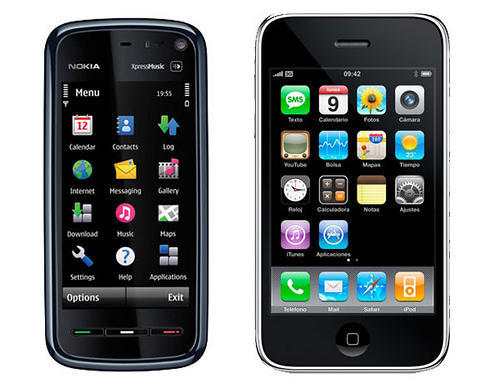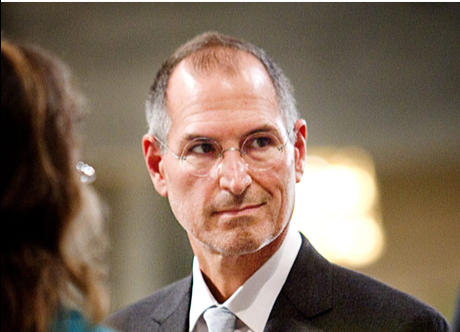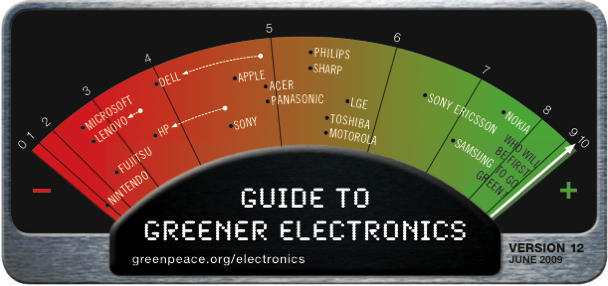Hyperwall in WWDC 2009, Live from App Store from Imagebakery on Vimeo.
By all accounts, the iPhone 3GS launch has been a tremendous success for Apple. Despite launching in a down economy, the new model managed to sell as many units in its first weekend as its predecessor with little sign of slowdown. It’s also been an incredibly smooth launch. Though the iPhone 3G launch was marred by product shortages and buggy software, Apple’s kept a steady supply of hardware in the channel, and iPhone OS 3.0 is quite stable for such a new release.
But as effective as Apple has become in managing all of the aspects of the iPhone that it controls (hardware and first-party software), the launch also reveals the challenges the company faces in its efforts to take advantage of a larger network. AT&T’s signal strength continues to be a subject of much heated debate, and more crucially, Apple’s position as minder of a large software platform with thousands of developers looks increasingly untenable.
I don’t need to go into detail about the numerous cracks in the App Store facade of the last year: the baby shaking app, the unapproved porn, the copyright infringement, the excellent apps inexplicably rejected for arbitrary reasons and the apps that never made it out of the approval process one way or another. What I can say is this: the release of the 3GS has inspired a burst of app submissions the likes of which Apple has never seen before. When the App Store first opened a year ago, it had a flurry of submissions, but a smaller pool of developers. This is the first real “event” period since the iPhone dev community has grown, and the submission pool is not unlike the giant hyperwall of apps that dominated the conversation at this year’s WWDC.
A developer friend tells me that a pre-release version of his app was checked off and approved in a week in the period immediately before the 3GS announcement. The final release, submitted the day of the WWDC keynote on June 8, took nearly four weeks to get through the system, and I’m told that Apple has even notified its developer community that all apps are taking between three and four weeks to vet. That means it takes four times as long to get new products to consumers, four times as long to fix bugs, and four times as long to go from finished work to money-making.
If Apple wants to maintain the dominance of the iPhone and the success of the App Store, it needs to find a more effective way to manage the sheer volume of submissions it’s tackling. Too much crud is making it through, and too much brilliant code is sitting on the shelf. The iPhone is by far the best mobile platform today. Unless Apple learns to treat its developers better on the front end (I hear payment works brilliantly), they won’t be loyal when the next Next Big Thing comes around.



